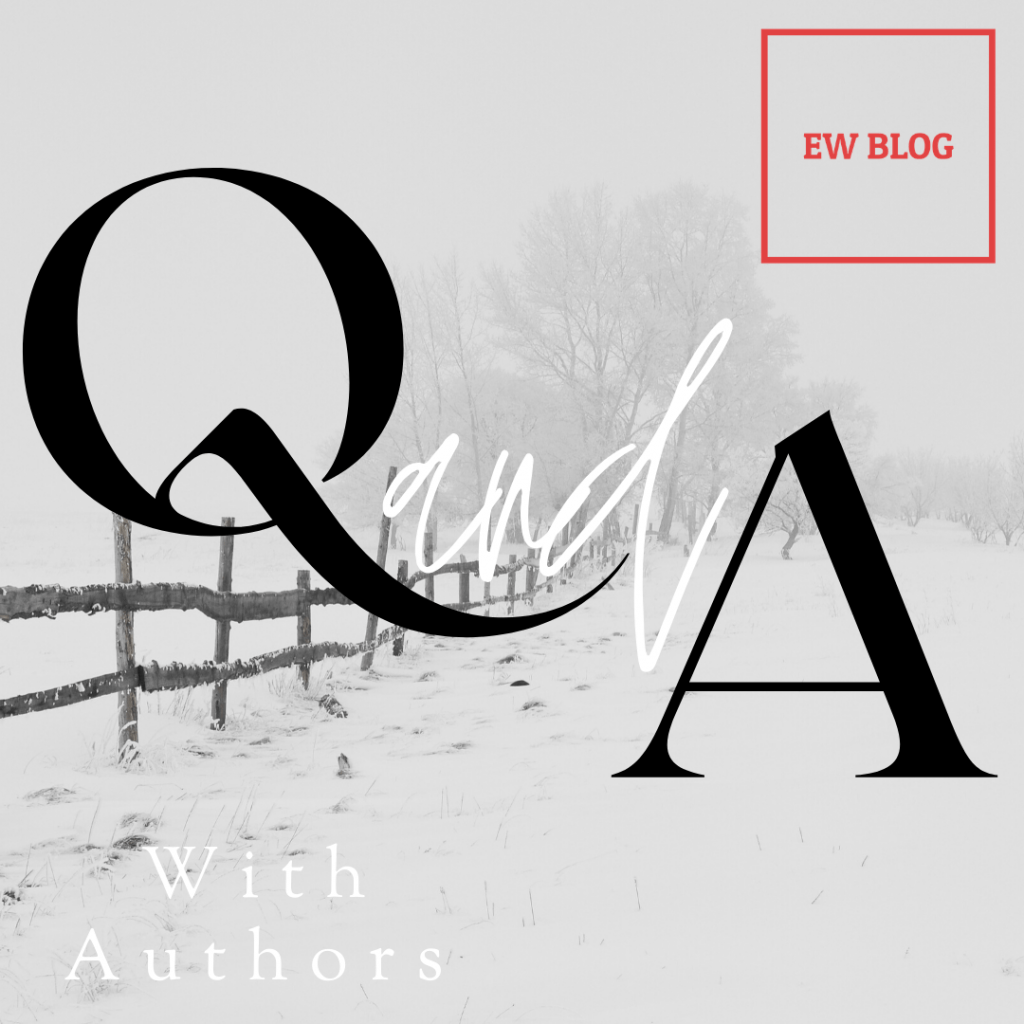
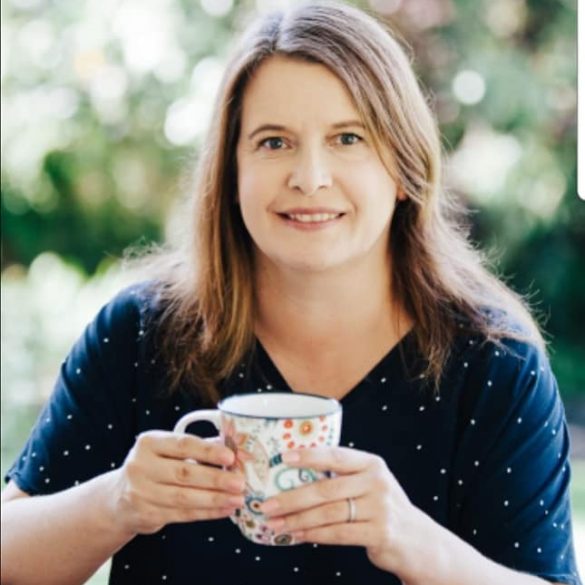
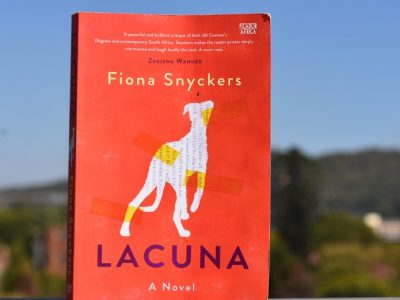
Author of Lacuna, Spire, Now Following You, and Trinity series of novels.
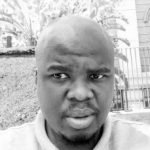
Fiona Snyckers is one of South Africa’s most celebrated writers and a role model to many aspiring writers. She has written seven books thus far, with Lacuna her most recent novel published by Pan MacMillian. In this week’s EW Blog Q&A session, the award-winning writer chats with our editor Ezekiel Kekana about writing Lacuna, JM Coetzee and whether men should write books about subjects such as rape and feminism.
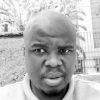
Question: For the sake of our EW Blog readers, I think let us start with a short background of who is Fiona Snyckers, the writer?

Answer:
I have written ever since I was a child. In my twenties, I worked as a freelance journalist for a few years. My first novel was published in 2009. Altogether, I have had seven novels published. They range in genre from young adult to romantic suspense to thriller, and literary fiction.

Question:
What or who inspired you to write your last book, Lacuna?

Answer:
I wrote it as a response to J M Coetzee’s novel Disgrace. I wanted to take his character Lucy Lurie and transform her for my own purposes to explore themes of whiteness, white feminism, recovering from rape, and the nature of narrative.

Question: Lacuna addresses one of the pertinent issues in the country, which is rape, do you think the country’s criminal system has made strides in protecting and seeking justice for rape survivors?

Answer:
We have a very advanced constitution and a liberal jurisprudence In South Africa, but in practise rape survivors are not protected and seldom find justice. We have one of the highest rates of sexual assault and femicide in the world. Rape survivors are failed at every turn – first by their own families, then by the police they attempt to make reports to, and then by prosecutors that taint or lose evidence, or are bought off by the perpetrators.

Question: Lacuna is seen as a direct response to JM Coetzee’s novel, Disgrace, have you since managed to speak to Coetzee about his thoughts on your book?

Answer:
No, I have not. Coetzee is known for his disinclination to engage with criticisms of his work. He “remains above the fray”. But I don’t think it is necessary for me to engage directly with him. Our books stand in intertextual juxtaposition to each other. There have been several creative responses to Disgrace and my book joins that fraternity.

Question:
Do you think men should write books about subjects such as rape and feminism?

Answer:
I wrestle with this extensively in Lacuna. As we know, men are also the victims of sexual assault and also suffer under the patriarchy. As such, their voices are a valid addition to the discourse around these topics. When it comes to men speaking “for” women and imagining how they would think and feel in response to sexual assault, it becomes more problematic. But ultimately, I believe that every writer has the right to write about every topic. If someone doesn’t like it, they are free to criticise it or to set up their own competing narrative.

Question:
If you were to co-write a book with any African author, who will that be and why?

Answer:
I have never been attracted to the idea of co-writing with anyone. I am very much a loner as a writer. But if I had to pick someone, I think Zukiswa Wanner and I could have fun cooperating on a project. We are both fascinated by questions of identity.

Question:
Who are your five favourite authors of all time?

Answer:
That is a very difficult question. If you were to ask me ten years ago or in ten years’ time, you would probably get a different answer. Today, I would say P G Wodehouse, E F Benson, Chimamanda Ngozi Adichie, Chinua Achebe, and Petina Gappah.

Question:
If you were to invite three South African authors to a tea party, who will that be?

Answer:
I am going to name authors that I have not socialised with in a while, rather than ones that I see regularly. Siphiwo Mahala, Thando Mgqolozana, and Zukiswa Wanner. We would spend the whole tea party missing Angela Makholwa. Ndumiso Ngcobo and Nozizwe Cynthia Jele.

Question:
Would you advise young writers to pursue writing as a full-time profession?

Answer:
No. It is extremely difficult to make a living from writing. I would suggest that you keep your day job while you establish and build up your reputation as a writer. Only when you have had a big break as a traditionally published author, or have set up a steady income stream as an independently published author, should you consider going full time.

Question:
Should your readers expect a new book this year from you?

Answer:
I write and independently publish several books every year. The latest is a young adult time travel series called the Time Mavericks series. I also have a couple of books out on submission with traditional publishers at the moment. There is no way of knowing when and if they might appear.

Question:
Which book are you currently reading?

Answer:
“Afterland” by Lauren Beukes.